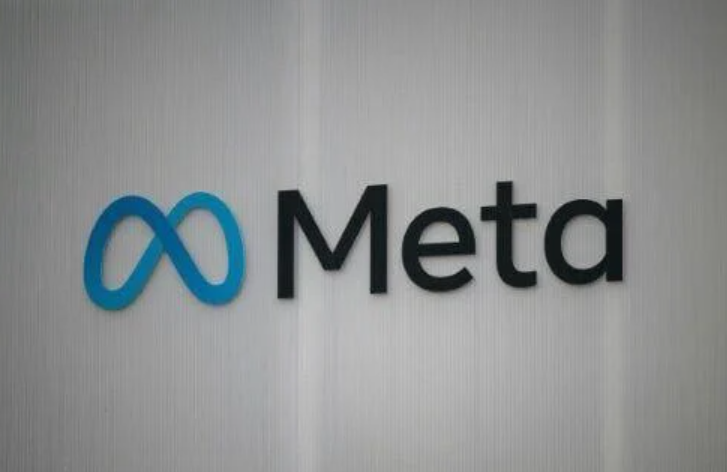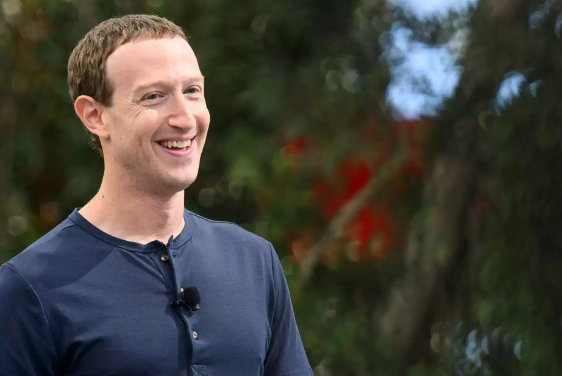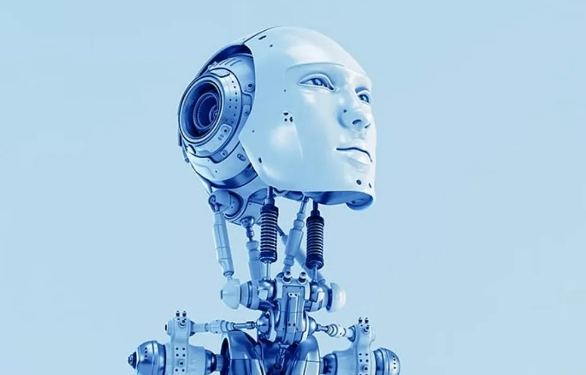
Meta Ambitious Quest for ‘Human-Level’ AI Challenges Google and Microsoft in Epic AI Race
Meta entry into the AI race is situated within a landscape where technology is rapidly reshaping various facets of society.
In the ever-evolving landscape of artificial intelligence (AI), Meta has thrown its hat into the ring, joining the prestigious race alongside tech giants Google and Microsoft to develop a “super AI” that incorporates distinctly ‘human tendencies.’ This ambitious endeavor marks a significant move by Meta, led by CEO Mark Zuckerberg, as it seeks to compete on the frontier of artificial general intelligence (AGI), an area pioneered by companies like OpenAI.

Meta’s foray into the AI race was confirmed by Zuckerberg in an interview with The Verge on Thursday. The primary objective for Meta is to create an advanced form of artificial intelligence that mirrors human capabilities, encompassing problem-solving and rationalization. This strategic move positions Meta as a direct competitor to the established players in the field, namely Google and Microsoft.
The pursuit of artificial general intelligence, often referred to as AGI, has been a focal point for OpenAI, the organization behind innovations like ChatGPT. Google, too, has dedicated significant resources to AI research, making this a critical battleground for technological supremacy. Zuckerberg emphasized Meta’s commitment to attracting top talent, stating that building for general intelligence is crucial for tackling more ambitious problems in the AI domain.

“We’ve come to this view that, in order to build the products that we want to build, we need to build for general intelligence,” explained Zuckerberg. He emphasized the importance of conveying this vision, recognizing that many leading researchers are drawn to projects that tackle the most challenging problems in the AI landscape.
The AI race has gained momentum with the rise of OpenAI and its chatbot sensation, ChatGPT, sparking intense competition among major tech companies. Meta’s entry into this competitive sector, alongside Microsoft, Google, Elon Musk’s new startup xAI, and others, signals a shift toward a more dynamic and expansive AI landscape.

While it advances its research on AGI, it has already unveiled its AI model, Llama 2. Zuckerberg revealed that the company’s teams are actively working on the next iteration of this model. Notably, Meta has made Llama 2’s chatbot available to the public, allowing users to experience the capabilities of their AI technology.
Amid the rapid evolution of AI, concerns have arisen within the industry regarding potential job cuts resulting from increased automation. Google, for instance, has already implemented significant layoffs, with more anticipated in 2024. In a similar vein, Microsoft-backed HumaneAI reduced its workforce just before the release of its inaugural product, a wearable AI pin.
As it delves deeper into the realms of AI, the industry is grappling with the possibility of AI-driven displacements in the workforce. While Meta has not announced significant job cuts thus far, the broader tech landscape has witnessed substantial layoffs, raising fresh concerns about the potential repercussions of AI advancements on employment.
In conclusion, its entry into the AI race adds a new dimension to the ongoing technological competition. As the company works towards developing a “super AI” with human-like capabilities, the implications for the industry, workforce, and technological innovation are profound. The race for artificial general intelligence is now more intense than ever, with Meta poised to make significant contributions to the evolving landscape of AI.
As Meta sets its sights on the development of a “super AI,” the competition in the AI landscape is becoming increasingly dynamic. Mark Zuckerberg’s commitment to pursuing general intelligence aligns with a broader industry trend, where tech companies aim to address more complex challenges within the realm of artificial intelligence. The quest for AGI, championed by OpenAI and now embraced by Meta, signifies a paradigm shift in how technology envisions the future.
Zuckerberg’s emphasis on attracting top-tier talent highlights the importance of human resources in the AI race. The best minds in the field are drawn to projects that push the boundaries of what AI can achieve. As Meta endeavors to create AI that mirrors human tendencies, it not only enters into competition with established players but also contributes to the collective push for breakthroughs in AGI.
The release of Meta’s AI model, Llama 2, to the public showcases the company’s commitment to transparency and engagement. Allowing users to interact with and experience the capabilities of their AI technology fosters a sense of inclusivity and demystifies the advancements in artificial intelligence. It also provides a glimpse into the potential applications of such technology in everyday scenarios.
For the latest updates-click here.


